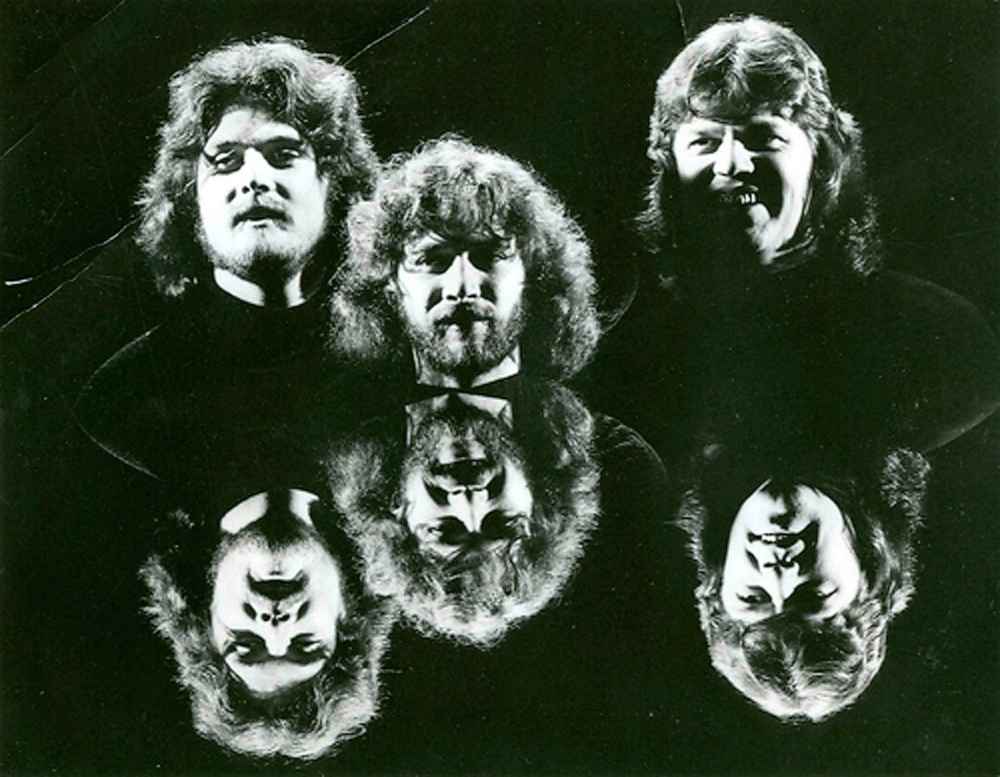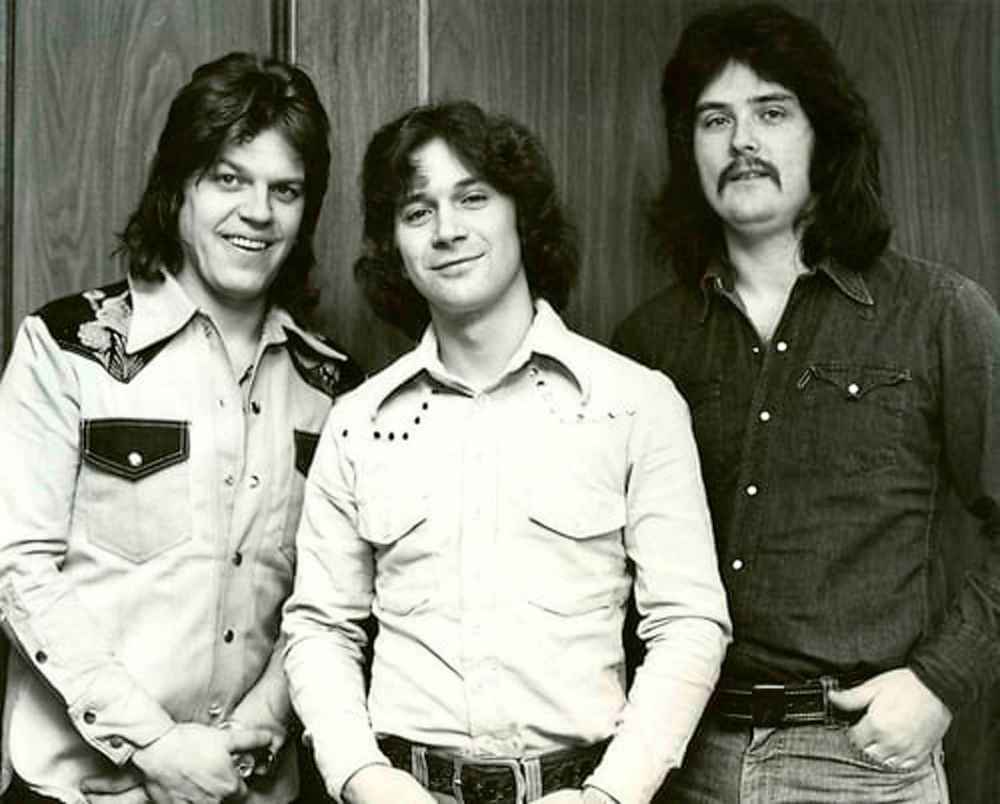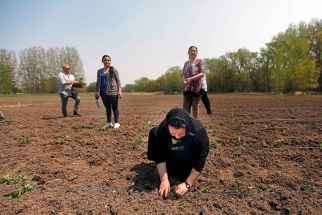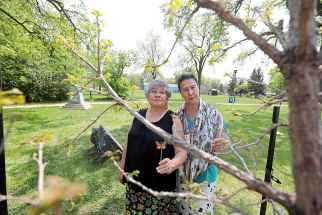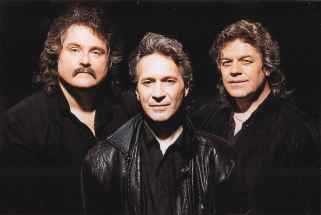Stampeders ready to rock Winnipeg Guitarist recalls wild times of the '70s
Read this article for free:
or
Already have an account? Log in here »
To continue reading, please subscribe:
Monthly Digital Subscription
$0 for the first 4 weeks*
- Enjoy unlimited reading on winnipegfreepress.com
- Read the E-Edition, our digital replica newspaper
- Access News Break, our award-winning app
- Play interactive puzzles
*No charge for 4 weeks then price increases to the regular rate of $19.00 plus GST every four weeks. Offer available to new and qualified returning subscribers only. Cancel any time.
Monthly Digital Subscription
$4.75/week*
- Enjoy unlimited reading on winnipegfreepress.com
- Read the E-Edition, our digital replica newspaper
- Access News Break, our award-winning app
- Play interactive puzzles
*Billed as $19 plus GST every four weeks. Cancel any time.
To continue reading, please subscribe:
Add Free Press access to your Brandon Sun subscription for only an additional
$1 for the first 4 weeks*
*Your next subscription payment will increase by $1.00 and you will be charged $16.99 plus GST for four weeks. After four weeks, your payment will increase to $23.99 plus GST every four weeks.
Read unlimited articles for free today:
or
Already have an account? Log in here »
Hey there, time traveller!
This article was published 29/05/2019 (2385 days ago), so information in it may no longer be current.
It’ll be a few dozen degrees warmer on Saturday, June 1, when the Stampeders make a return visit to Winnipeg.
Concert preview
The Stampeders
Saturday, June 1
Burton Cummings Theatre
Tickets: $78 (including fees) at Ticketmaster
Guitarist Rich Dodson remembers receiving a traditional Manitoba reception in the 1970s when the band was at the height of its popularity.
“I remember one year we played New Year’s Eve in Hawaii, with BTO and America. I think our next gig was Winnipeg and I remember getting to the airport in my Hawaiian shirt and shorts, running out to get the rental car in January. I think the door handle was frozen shut,” the guitarist recalled, laughing.
In those days, the Stampeders were at the top of Canada’s charts, thanks to the 1971 hit Sweet City Woman, which has remained a staple of classic rock stations across the country nearly five decades later.
This year is the group’s 50th anniversary and Dodson, who teams up on the tour with original Stampeders Ronnie King and Kim Berly, says crossing the country is much easier than rock ’n’ roll’s wild times of the 1970s.
“I think it’s more fun because it is not as stressful,” Dodson says of 21st-century gigs.
“All the sound and lights are provided and the venues are pretty nice. These theatre tours are excellent, we’re close to the audience and you can interact with the audience easily.
“(In the ’70s), the cross-Canada tours, you didn’t know what kind of venue you were going to end up in. It was sort of making it up as you go. We always carried our own five-ton trucks with lights and sound and all that. It was like a big circus on the road.”
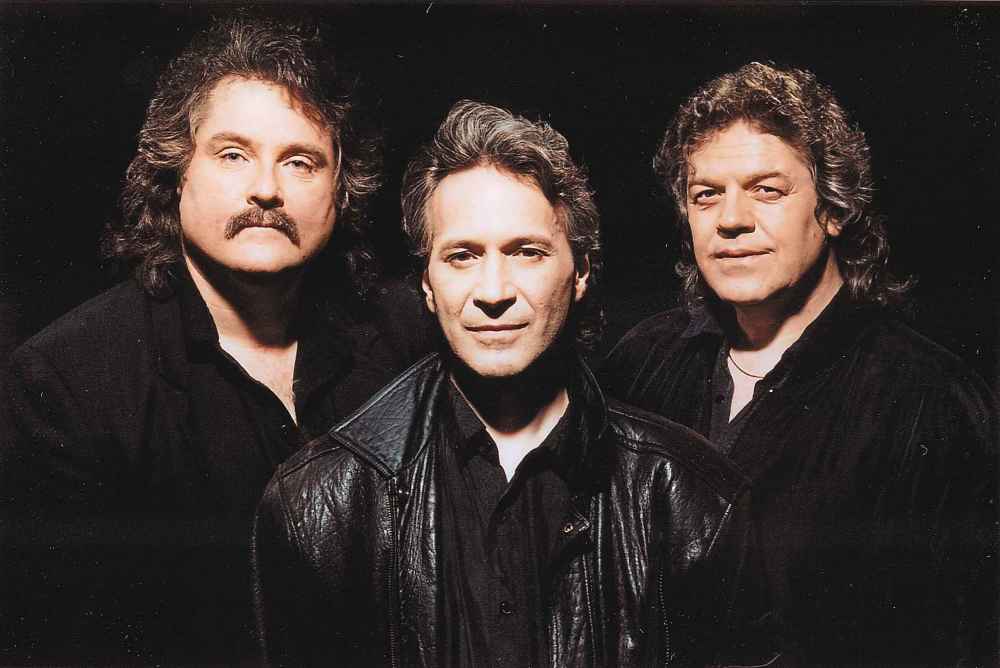
Sweet City Woman was a big reason for that circus. The song’s trademark sound comes from Dodson’s banjo, an instrument that continues to be a rarity in rock music.
“It’s amazing how it lives on,” Dodson says of the hit. “It had the banjo lick and the uniqueness of it all. It’s a feel-good tune. It’s uplifting. I think that’s why it has lived on. It’s very recognizable because of the banjo lick.
“We rehearsed it up, put it in the set and it became a key song on our first album, Against the Grain, and the rest is history.”
The lyrics also fit the band’s life at the time, Dodson says. They all grew up in Calgary, hence the band’s Stampeders name, and made their way to Toronto, looking for fame and fortune in the big city.

With no Canadian content radio regulations in the late 1960s and early ’70s, the process of getting heard over the airwaves in Canada was a lot different than today, when stations are obliged to play a certain percentage of songs by Canadian artists.
“It was very tough getting played in Canada, so everybody was trying to connect or get something going south of the border so that you could get played here,” Dodson remembered.
Canadian content regulations for radio stations were instituted in 1971, shortly after the Stampeders’ Sweet City Woman success, and the group wound up with four more top-10 hits in Canada, with songs such as Carry Me, Minstrel Gypsy and Hit the Road Jack.
“It really got radio to recognize all the talent in this country,” he said. “I mean here we are, half of the top-10 names in music are from Canada. We see Drake all the time.”
Looking back, a group of guys from Calgary in a band calling themselves the Stampeders sounds like a no-brainer. But Dodson said they were resistant to the name at first.
“We were an instrumental band in Calgary for about a year-and-a-half, the Rebounds, and our manager had somebody who wanted to invest a ton of money in us if we named ourselves the Stampeders,” he recalled.
“We thought about it, we were sort of leaning toward that kind of thing. But I mean, everything in Calgary is Stampede this and Stampede that. Our manager said, ‘You know, Calgary in the world is totally unknown. This could be cool in South America and Europe.’
“Of course, the investor guy never came up with any money, but we became Stampeders and it brought attention to people, especially in this country.”
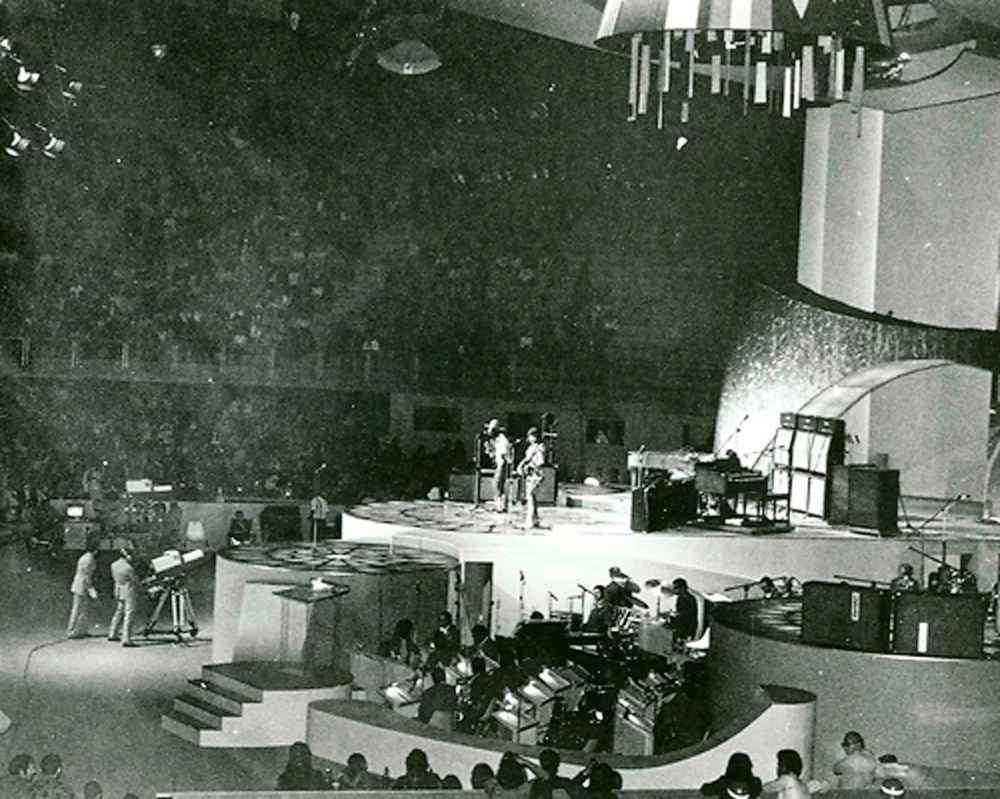
alan.small@freepress.mb.ca
Twitter:@AlanDSmall

Alan Small has been a journalist at the Free Press for more than 22 years in a variety of roles, the latest being a reporter in the Arts and Life section.
Our newsroom depends on a growing audience of readers to power our journalism. If you are not a paid reader, please consider becoming a subscriber.
Our newsroom depends on its audience of readers to power our journalism. Thank you for your support.


